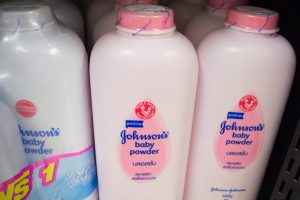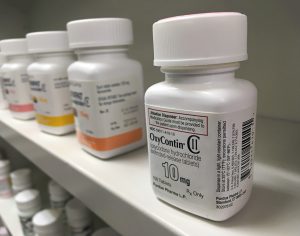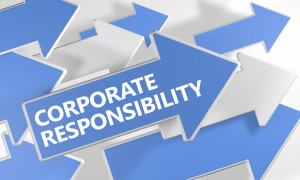Let me see if I have this straight: There is a huge medical device manufacturer that earns over $75 billion dollars each year. This corporation decides to market and sell a new medical device. The corporation refuses to do extensive testing on the device because that would take too long and cost too much money. In fact, preliminary studies showed problems with the device, and the company believes extensive clinical testing may reveal more problems, further slowing its path to the market (and to big profits). Instead, the company seeks fast-track approval of the device. The company argues that because the device looks similar to a device already on the market, it should be allowed to sell the new device without extensive testing. This process is known as the 510(k) pathway, and I’ve written about it a ton on this site, including last week. In the application the company reassures the FDA: “and don’t worry, we will keep an eye on the device and the patients who receive the device and if problems arise down the road we will let you know.”
So the FDA gives the multi-billion dollar corporation 510(k) approval to sell the device. In the first year the company sells one billion dollars’ worth of the device. In the second year it sells $1.5 billion in new devices, but it also begins to receive an alarming number of “adverse event” reports. This means patients are reporting problems and injuries after receiving the device. The company undertakes an internal study but does not report its findings to the FDA. In the third year it sells even more devices, but by now hundreds of adverse reports are rolling in. The injuries finally get the attention of the FDA, and the company reluctantly hands over its data on the many serious injuries caused by the new device.

In the fourth year a woman with the implanted device is forced to undergo “revision surgery” to remove the device, and her recovery is lengthy and painful. She calls me and tells me her story. It is awful. She was once a competitive tennis player, but now she walks with a cane. She hasn’t played tennis in two years. She had to take time away from her job. Even with decent health insurance she has thousands of dollars in out-of-pocket medical bills related to the failure of the device.
 To most people, Johnson & Johnson (J&J) is a respected company and the maker of popular consumer products. However, J&J has taken quite a hit lately with both its reputation and finances.
To most people, Johnson & Johnson (J&J) is a respected company and the maker of popular consumer products. However, J&J has taken quite a hit lately with both its reputation and finances. North Carolina Product Liability Lawyer Blog
North Carolina Product Liability Lawyer Blog








